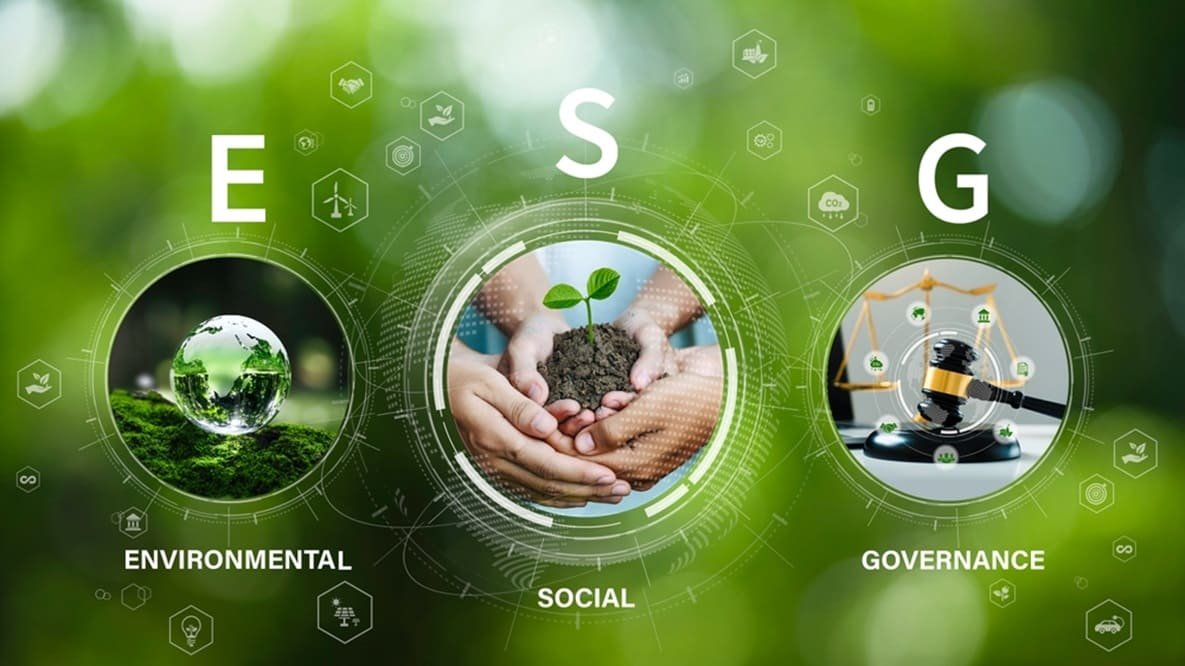Environmental, Social & Governance (ESG) in the Energy Sector One Day USD: 150/- and Two Day USD: 250/- Per Pax
Description
1. Introduction to ESG in the Energy Sector
-
Definition and importance of ESG principles
-
Growing global focus on sustainability and transparency
-
The role of ESG in oil, gas, and renewable energy companies
2. Environmental Pillar – Core Concepts
-
Climate change, carbon footprint, and energy efficiency
-
Pollution control, waste management, and resource conservation
-
Biodiversity protection and sustainable operations
3. Social Pillar – People and Communities
-
Workforce welfare, health, and safety initiatives
-
Human rights, diversity, and inclusion in the energy industry
-
Community engagement and social investment programs
4. Governance Pillar – Ethics and Accountability
-
Corporate governance frameworks and board responsibilities
-
Anti-corruption, compliance, and transparency practices
-
Ethical leadership and stakeholder trust building
5. ESG Regulations and Reporting Standards
-
Overview of GRI, SASB, TCFD, and UN SDGs
-
Regulatory requirements and disclosure obligations
-
Best practices in ESG reporting and audits
6. Integrating ESG into Business Strategy
-
Aligning ESG goals with corporate mission and KPIs
-
ESG risk identification and mitigation in decision-making
-
Embedding sustainability in long-term planning
7. ESG Metrics and Performance Measurement
-
Key performance indicators (KPIs) for environment, social, and governance
-
Data collection, monitoring, and reporting tools
-
Benchmarking and continuous improvement
8. Sustainable Finance and Investment
-
Green bonds, carbon credits, and ESG-linked financing
-
Investor expectations and ESG due diligence
-
Financial benefits of sustainable operations
9. Decarbonization and Energy Transition
-
Role of renewables, CCUS, and hydrogen in reducing emissions
-
Net-zero strategies and emission reduction pathways
-
Case studies from leading energy companies
10. Stakeholder Engagement and Communication
-
Managing relationships with regulators, investors, and communities
-
Transparent communication of ESG goals and progress
-
Crisis management and reputation protection
11. Digital Tools for ESG Management
-
Data analytics, AI, and blockchain for ESG tracking
-
Automation in sustainability reporting and compliance
-
Using technology to enhance ESG transparency
12. Case Studies and Best Practices
-
Successful ESG implementation in global energy firms
-
Lessons learned from ESG failures and controversies
-
Future trends and evolving ESG expectations






